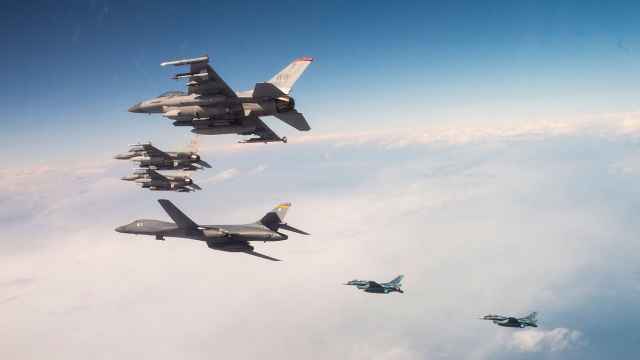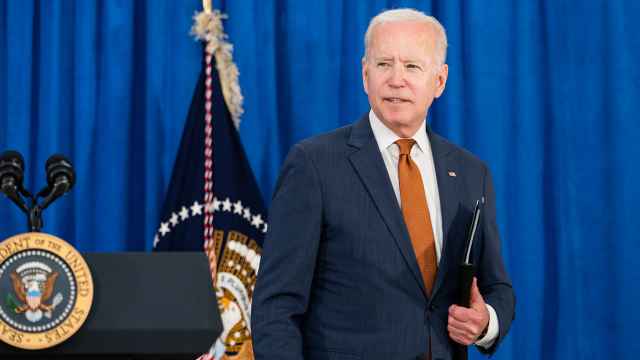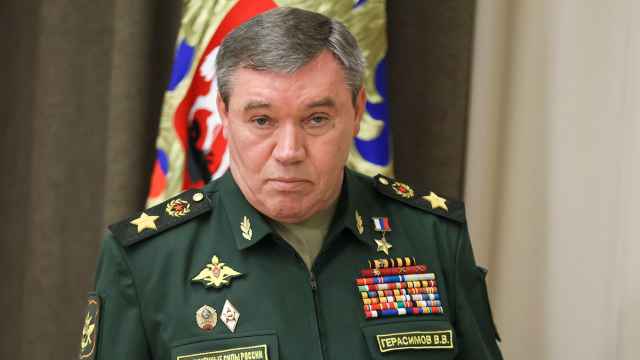So the Mueller report is out — at least partly, filtered through the Attorney General’s four-page gloss — and it appears there will be no further indictments, equivocation as to whether Donald Trump obstructed justice, but no evidence “that the Trump campaign, or anyone associated with it, conspired or coordinated with the Russian government.”
Moscow is not off the hook, as there are also the heavily-documented cases of social media interference and the hacking and then leaking of emails, but the claim that the Donald and the Vladimir plotted together to steal the American presidency appears to have been scotched.
So is that an end to it? Hardly.
First of all, especially until the full report is released (at least to Congress), there will be those who claim that Attorney General William Barr — a Trump appointee — might be selectively summarising Robert Mueller’s words to clear his boss.
Secondly, given the narrowness of the margin by which Trump won his electoral college victory, there will be many who would rather blame Russian meddling than an awkward Democrat candidate with a flawed campaign strategy, and a groundswell of resentment at the status quo that a demagogue vowing to “drain the swamp” could channel.
Finally, there is the fact that even without collusion, Moscow did seek to influence the election.
My own view is that the Kremlin neither wanted Trump to win nor thought he could. Rather, convinced that Hillary Clinton was going to be the next president, and genuinely (if, likely, misguidedly) believing she would commit the U.S. to a campaign of regime change in Russia, it simply sought to stir up as much trouble as possible for the new president such that she would be too busy for such a major adventure.
Hence the toxic trolling, the hacking, the doxing. As with so many other of its recent adventures, from stirring up rebellion in the Donbas to trying to assassinate Sergei Skripal in the U.K., Moscow’s calculation seems to have been that it was already in a political war with the West, so wartime rules of engagement applied, and better to take a chance than miss an opportunity.
This is unlikely to turn out well for Russia. It will remain the scapegoat of choice for the U.S. defects and divisions.
The true lesson of ‘Russiagate’ is that this was actually an all-American story, of venality, populism, opportunism, and deceit. With the exception of Russians essentially doing their government’s bidding, everyone charged was guilty of lying, obstructing justice, or financial crimes, rather than anything to do with Kremlin machinations
The true lesson of ‘Russiagate’ is that this was actually an all-American story, of venality, populism, opportunism, and deceit.
But this hardly matters in what has become a deeply polarised, emotional affair.
Already there are those suggesting that Mueller, once elevated as an avatar of remorseless probity, lost his nerve. Others will cling to the fact that Mueller could not prove a lack of collusion — how could he? — as somehow still leaving open the chance that there was. It is also so much easier to blame the nefarious foreigner.
Especially when he was nefarious. The Kremlin did green-light overt and covert meddling in the election, whether or not it truly changed the result. The Democrat majority in Congress will likely be eager to distract attention with a display of righteous, breast-beating indignation. The Republicans will equally likely be eager not to look soft of Russia. Further sanctions and other measures are thus likely to follow.
Just as the usual hurrah chorus of ultra-nationalist bandwagon chasers were popping champagne corks when Trump was elected, so too there has been no lack of sanctimonious sneers in Moscow as soon as the Barr letter was released.
We should not take this schadenfreude parade at face value, though. The professional Russian foreign policy and national security elites were — rightly — taken aback by Trump’s election, and the end of the days of the U.S. being a usefully predictable antagonist, and so too they are unlikely to be rejoicing today.
The bottom line is that at present U.S.-Russian relations are hostage to domestic forces on both sides.
In the U.S., attacking Moscow will remain short-hand for attacking Trump, and those determined to see the Kremlin behind every embarrassment and setback have no reason to change their minds.
In Russia, the hawks shaping policy, convinced as they are that they are in an existential geopolitical struggle for their rightful place in the world, will likewise continue to see everything Washington does through this distorting lens.
Trump’s decision to recognize Israel’s annexation of the Golan Heights, for example, has already been challenged by some American pundits as a ‘gift’ to Putin, because the Russians will predictably present this as a precedent for Crimea. At the same time, though, this also raises Washington’s stake in Israel, a country which has quietly become one of Russia’s key allies in the Middle East, and a Moscow think tanker described the Golan move as an attempt to ‘uncouple Moscow and Tel Aviv.’
Likewise, Trump’s often indecorous and historically illiterate attacks on European NATO allies for failing to pull their weight have undoubtedly created transatlantic tensions which, again, his critics have presented as helpful for Russia. But in Moscow, they see this rather as Washington cracking the whip, strengthening its control over its clients. They note the steady rise in NATO defense expenditures.
In short, while the Mueller report is undoubtedly a momentous procedural step in America’s polite and political civil war, it is unlikely to make any impact on U.S.-Russian relations, dominated as they are by the subjectivities of mutual paranoia, scapegoating, and mistrust.
A Message from The Moscow Times:
Dear readers,
We are facing unprecedented challenges. Russia's Prosecutor General's Office has designated The Moscow Times as an "undesirable" organization, criminalizing our work and putting our staff at risk of prosecution. This follows our earlier unjust labeling as a "foreign agent."
These actions are direct attempts to silence independent journalism in Russia. The authorities claim our work "discredits the decisions of the Russian leadership." We see things differently: we strive to provide accurate, unbiased reporting on Russia.
We, the journalists of The Moscow Times, refuse to be silenced. But to continue our work, we need your help.
Your support, no matter how small, makes a world of difference. If you can, please support us monthly starting from just $2. It's quick to set up, and every contribution makes a significant impact.
By supporting The Moscow Times, you're defending open, independent journalism in the face of repression. Thank you for standing with us.
Remind me later.








